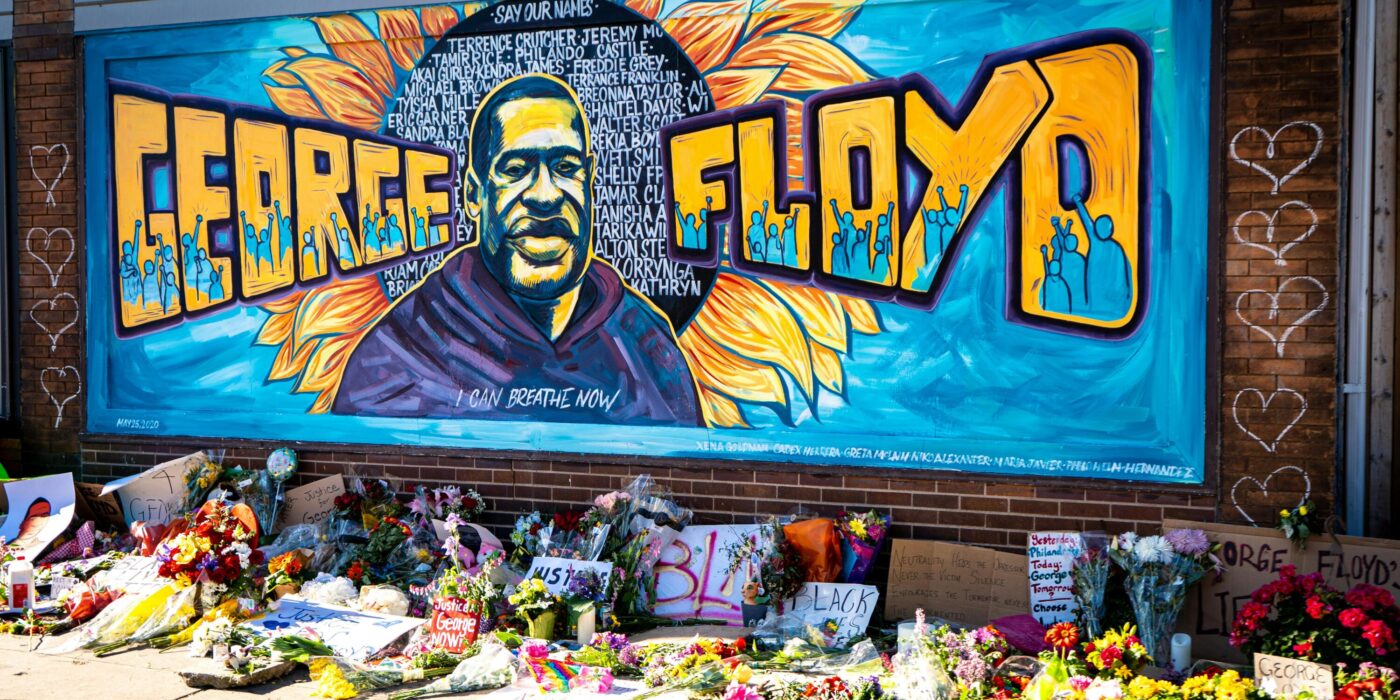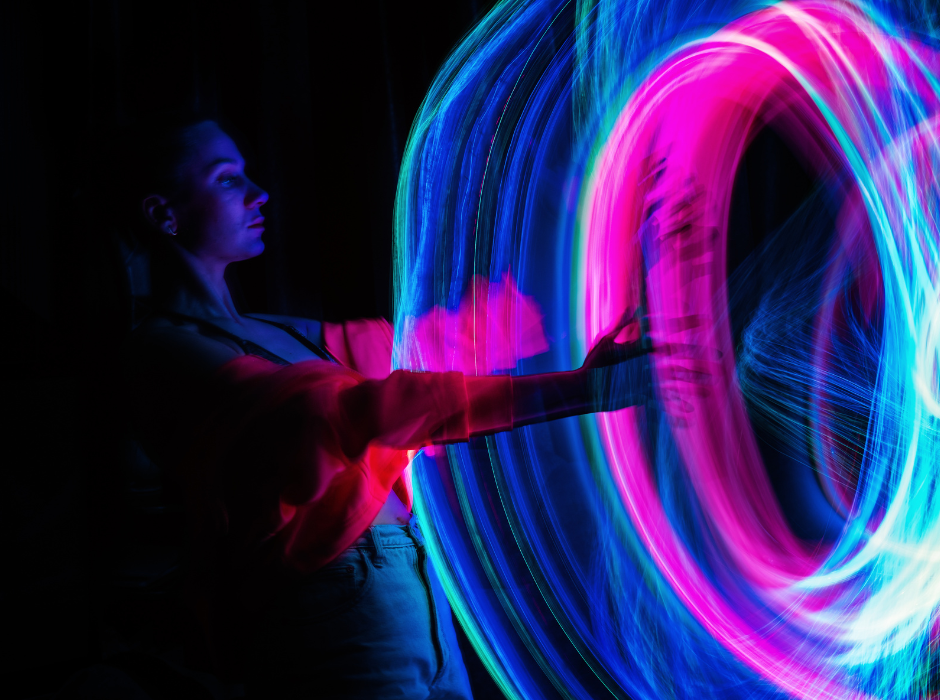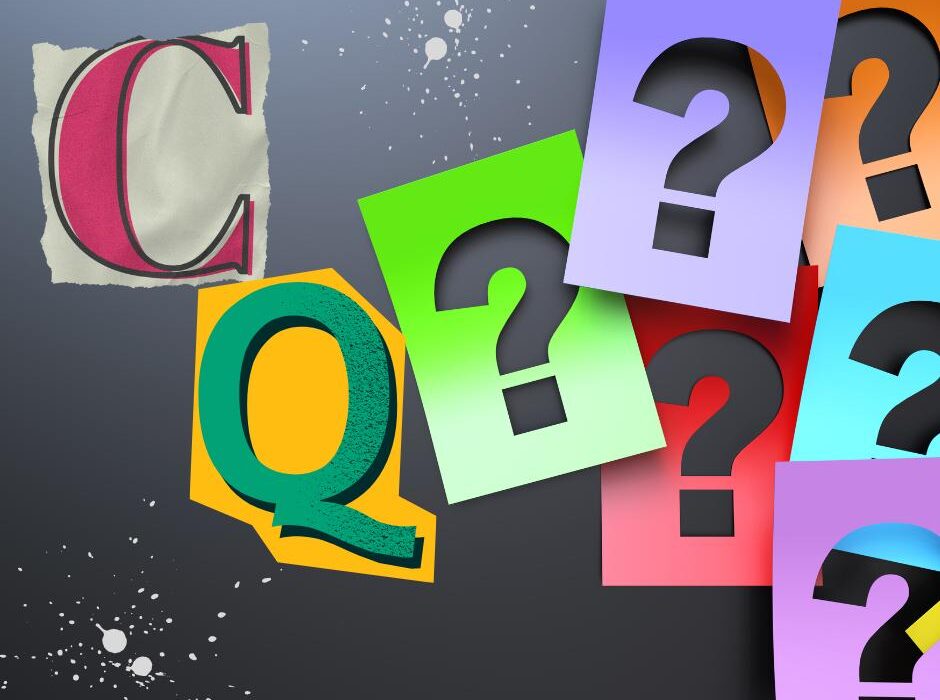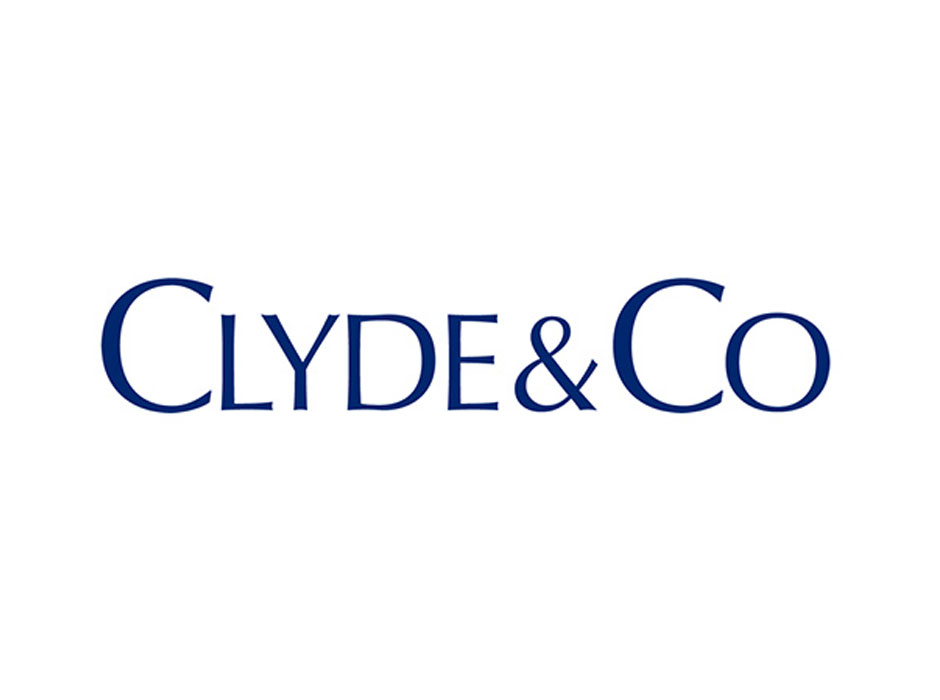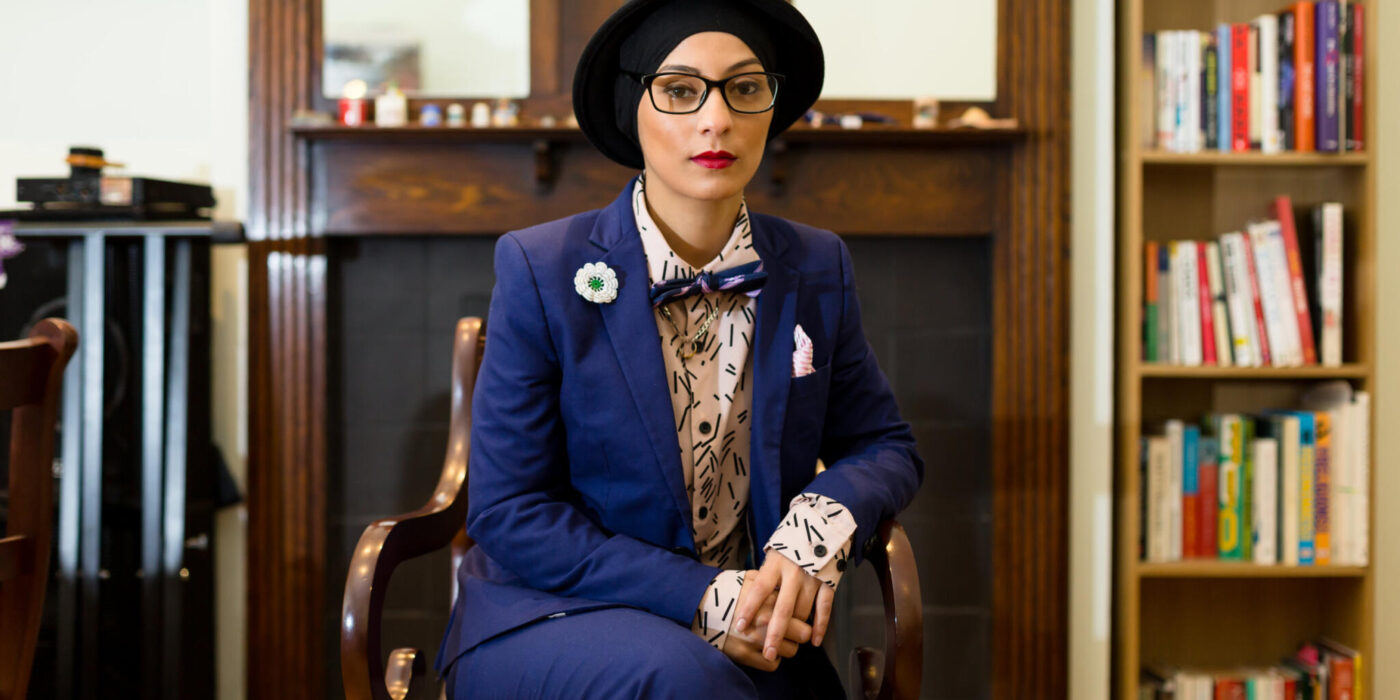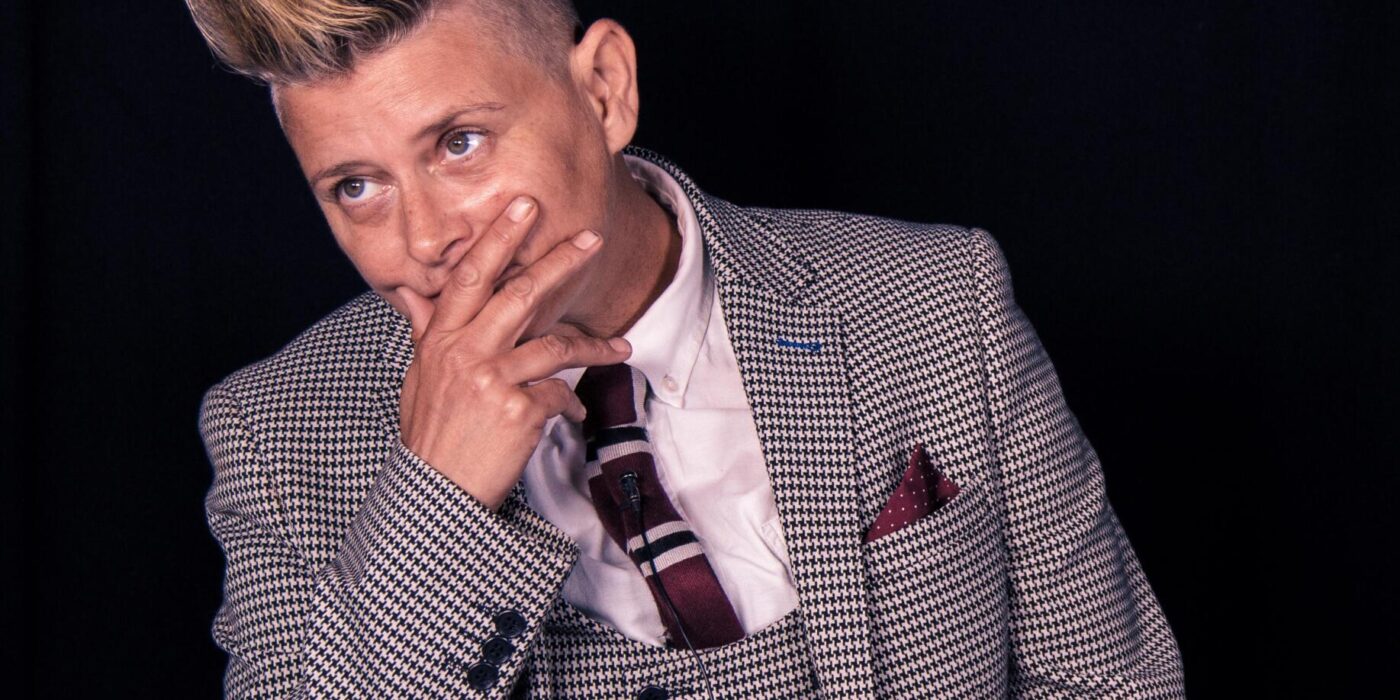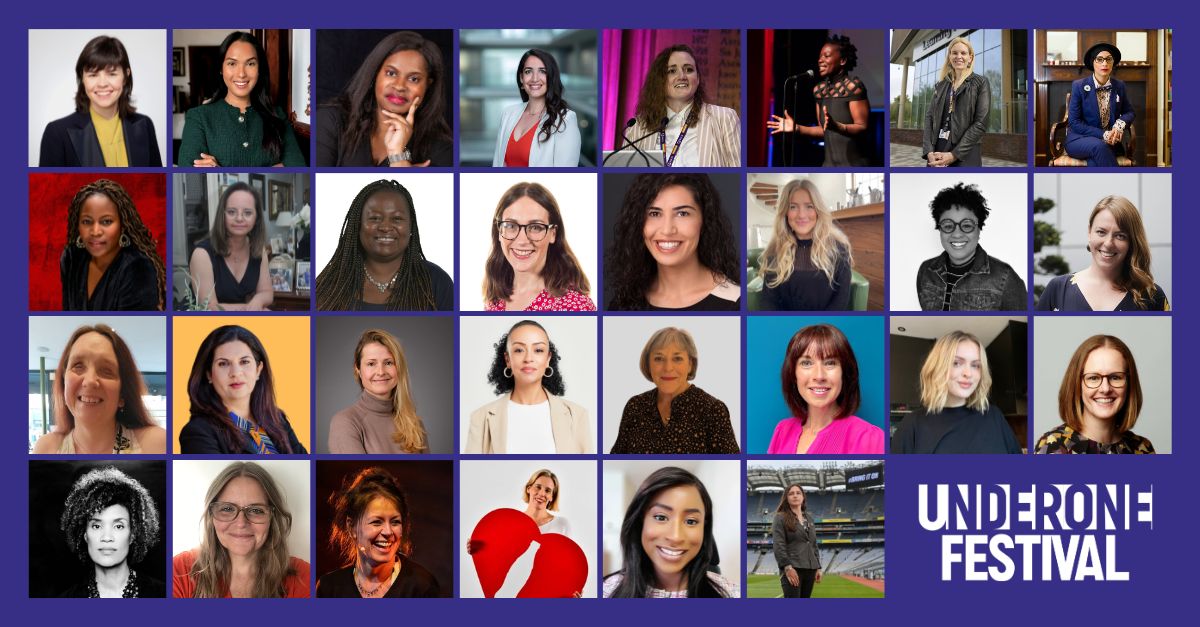Racial Equality in the Workplace: George Floyd’s Legacy – Four Years On
Racial equality in the workplace remains a pressing issue, with recent statistics revealing both progress and persistent challenges. In the UK and around the globe, efforts to create inclusive environments are ongoing, yet disparities in employment opportunities, pay, and workplace treatment continue to reflect deeper societal inequities. The murder of George Floyd in May 2020 and the subsequent global protests highlighted systemic racism and intensified the call for racial equality across all sectors, including the workplace.
The State of Racial Equality in the Workplace
According to a 2023 report by the UK Office for National Statistics (ONS), ethnic minorities in the UK are still underrepresented in higher-paying occupations and overrepresented in lower-paying sectors. Black employees, for instance, are less likely to hold senior roles compared to their white counterparts. Additionally, the pay gap between white employees and employees from ethnic minorities remains significant, with Black workers earning an average of 9% less than their white peers.
Globally, the situation is similar. A 2022 study by the International Labour Organisation (ILO) highlighted that racial minorities in many countries face higher unemployment rates and lower wages than the majority population. In the United States, for example, the median weekly earnings of Black and Hispanic workers were reported to be significantly lower than those of white workers.
The Role of Employee Resource Groups (ERGs)
One of the most effective tools for promoting racial equality in the workplace is the establishment and support of Employee Resource Groups (ERGs). These groups, also known as staff networks, are employee-led organisations that focus on fostering a diverse and inclusive workplace. ERGs provide a platform for employees from underrepresented groups to share their experiences, network, and advocate for changes within the organisation.
ERGs play a crucial role in several ways
Advocacy and Awareness
ERGs raise awareness about racial issues within the company and advocate for policies that promote equality and inclusion. They often work closely with management to develop and implement diversity initiatives.
Support and Mentorship
These groups offer support and mentorship opportunities, helping minority employees manage their careers and overcome barriers to advancement.
Community Building
ERGs foster a sense of community and belonging among employees, which can lead to higher job satisfaction and retention rates.
The Importance of Continued Efforts
Despite the presence of ERGs and increased attention to diversity, the journey towards racial equality in the workplace is far from complete. The global outcry following George Floyd’s death underscored the urgency of addressing systemic racism. Employers must continue to prioritise and invest in diversity, equity, and inclusion (DEI) initiatives. This includes regular training on unconscious bias, transparent recruitment and promotion processes, and a commitment to equitable pay.
Furthermore, it is essential for companies to collect and analyse data on their workforce composition and pay structures to identify and address disparities. Regularly reporting this data can hold organisations accountable and drive progress.
Achieving true equality requires sustained effort and commitment from both employers and employees. ERGs play a vital role in this journey, but they must be supported by comprehensive DEI strategies and a genuine commitment to change.
The legacy of George Floyd serves as a powerful reminder of the systemic racism that still exists and the work that remains to be done. As we reflect on the current state of racial equality in the workplace, it is clear that while significant strides have been made, there is still much work to be done. Only through continued dedication to inclusivity and fairness can we hope to create workplaces that truly reflect the diverse societies in which we live.
